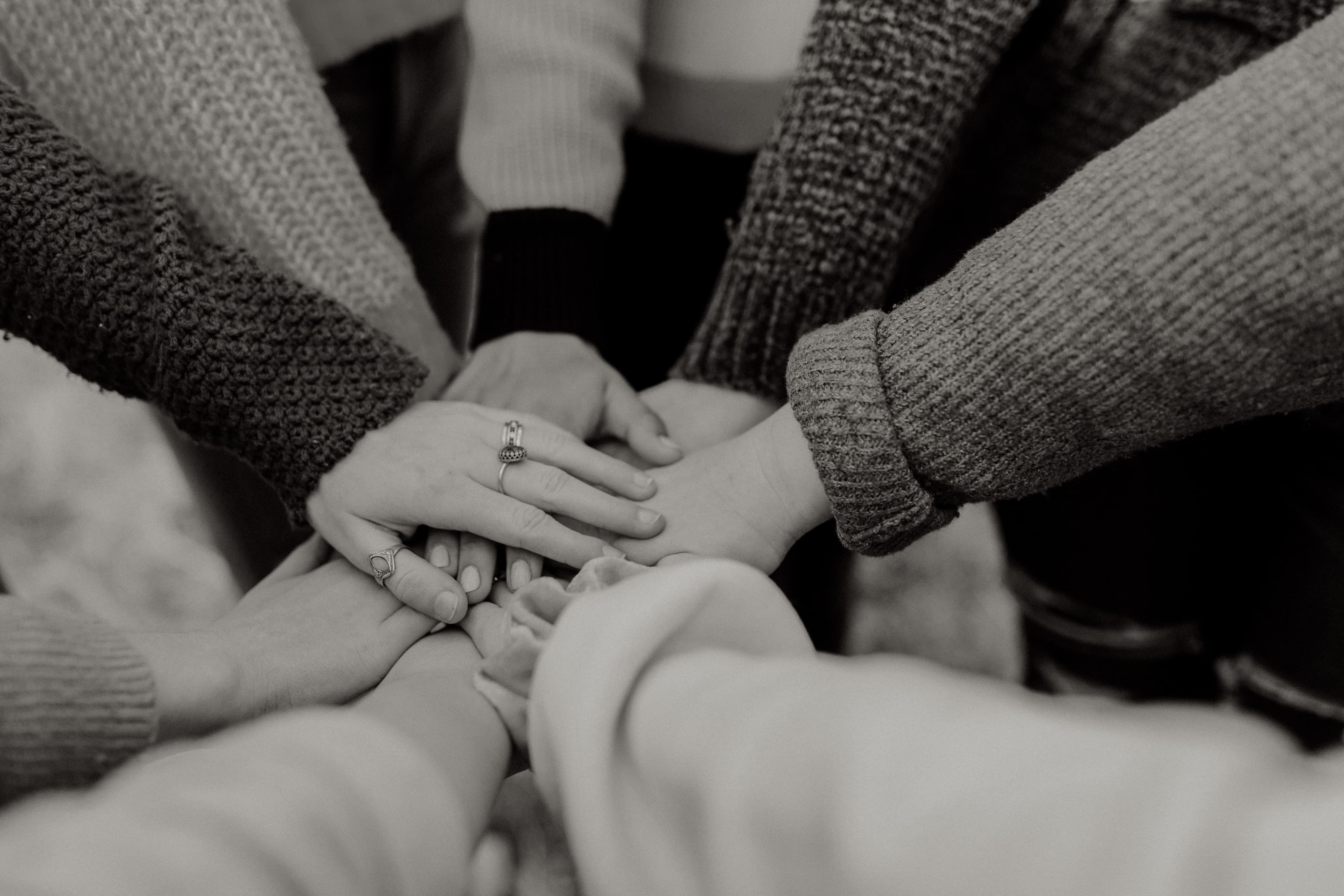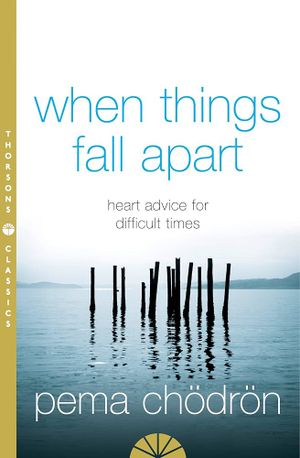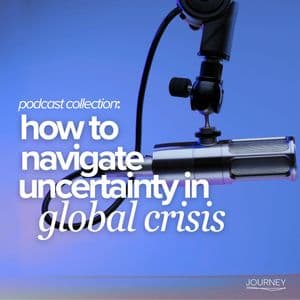
How to Find Comfort in a World of Uncertainty?
When the world feels heavier than ever, how do we persevere? It’s in our shared experiences and small moments of comfort that we find the strength to keep going. Here, we offer practical tips to manage the overwhelming flow of information and how to find comfort amid the uncertainty.
Reading this, you might be carrying a heavy burden. Whether you're in a conflict-affected region, or abroad watching events unfold, the weight can feel inescapable. There's a constant heaviness in the air — it's challenging and deeply personal for each. Watching your home, people, and culture face repeated tests is exhausting and frustrating.
It's okay to feel helpless and as if you've been barely holding it together. It's okay not to have all the answers. Remember, you're part of something much larger, a collective experience where survival and resilience often walk hand in hand. The reality of collective trauma is undeniable, and recognizing it is crucial to comprehending our shared journey through a difficult time.
What Does Being Part of a Community Mean in Challenging Times?
Being part of a community sometimes can feel like a bittersweet mix of pride and heartache. You're proud of the strength you've witnessed in yourself and those around you. There's admiration for how people can smile, laugh, love, and persevere while supporting one another through the toughest times. But at what cost? This pride often comes with a tinge of sadness — it's born from hardships, from having no choice but to push through when it's most difficult.
This isn't about individual battles. It's about the collective wound. Every loss, injustice, and uncertainty doesn't happen to you alone — it happens to all those experiencing the shared trauma.
What is Collective Trauma?
You feel it in the late-night messages, the tired glances, the way we hold our breath after each piece of devastating news. It's the quiet suffering, the exhaustion that comes from watching a once-familiar world slip into uncertainty.
The sense of community we carry is independent of location or geography. It's our shared history, our shared memories of joy and grief. It's a gentle reminder that we're still connected to others even in the darkest times. We lift each other in ways we don't always notice, but they matter. No amount of tips or coping strategies can truly help in a moment of crisis.
Why is Connection Important During Difficult Times?
Human connection offers more than just emotional support. It provides a sense of safety, belonging, and validation. During life’s challenges—when every breath feels heavy and each step forward is difficult—small gestures can make a significant difference. Simple acts, like a hug, a brief message, or a shared glance, offer reassurance and help us feel connected. These moments remind us that we’re not facing challenges alone and that someone is present with us.
Physical proximity and touch play a key role in grounding us. A warm hug releases oxytocin—the "love hormone"—which reduces stress and builds trust. When our bodies feel safe, our minds follow, creating a ripple of comfort. These exchanges not only provide physical relief but also reaffirm that we’re supported, making the burden of adversity easier to carry.
Taking time to be present with someone, offering a comforting touch or a listening ear, can serve as an anchor in the storm of uncertainty. These moments remind us of our humanity—that we are more than the confusion around us—and that connection can provide a refuge when relaxation and peace seem distant.
How Can We Cope with the Constant Flow of Information?
Coping with the constant flow of information in today’s world requires intentional strategies to balance staying informed and protecting your emotional well-being.
Set Boundaries for Information Consumption: Establish times during the day to check the news or social media. It’s helpful to designate a “news-free” period, such as before bed, to allow your mind to unwind without external stressors. Consider disabling push notifications so you can control when you engage with information.
Curate Your News Sources: This helps minimize the overload of repetitive content, allowing you to stay informed without being overwhelmed. Be selective about what you consume, and avoid doomscrolling, which can intensify feelings of helplessness.
Pay Attention to Your Body's Responses: Notice how your body reacts when you’re exposed to certain content. Physical signs like tension, a racing heart, or a tight chest are indicators that you might need a break. Respect those signals and take a step back when it feels like too much. Practising mindfulness or deep breathing can help ground you during overwhelming moments.
Focus on What You Can Control: It’s easy to feel powerless in the face of large-scale issues, but focusing on small, actionable steps can help. Whether it’s reaching out to someone in your community or making informed personal decisions, finding ways to take control of aspects within your reach can provide a sense of agency.
Allow Yourself to Feel: Grief, anger, and confusion are natural responses. Don’t suppress these emotions. Instead, give yourself space to process them. Journaling, talking to a trusted friend, or seeking professional help can allow you to work through these feelings.
Create Moments of Joy Without Guilt: It’s okay to experience happiness, even in difficult times. Joy doesn’t negate the reality of what’s happening in the world, but it’s vital to your well-being and health. Allow yourself to enjoy the present, even if it’s fleeting, without feeling like you’re neglecting the bigger picture.
In a world at war with itself, finding joy in your existence is an act of resistance.Insan (Eyes.In)
What is The True Nature of Comfort?
Comfort is not always about fixing things or finding immediate solutions to our problems. It’s about creating space for yourself to breathe, even in the middle of uncertainty. True comfort lies in the small, manageable actions that help you cope, moment by moment.
It’s not about making everything feel better instantly - it’s about making the present feel just a little less overwhelming.
Watching a TV series that lifts your mood
listening to your comfort artist
eating your favourite food
scrolling through Pinterest for ideas or inspiration
letting your mind wander and daydream for a while — these are all forms of comfort.
Taking life hour by hour and focusing on simple pleasures, without guilt, creates a sense of control in a world that often feels out of control. Comfort doesn’t always demand deep reflection or solving complex problems. Sometimes it’s as simple as retreating into something familiar and safe.
When everything seems overwhelming, embrace these moments of comfort, no matter how small. It’s through these brief escapes, acts of self-kindness, and the love you share with those around you that you find the strength to keep going.
Your experience—your pain, your resilience—is part of a larger, shared narrative. We are all connected in this journey of uncertainty, and unspoken promises to keep moving forward. Even when it’s hard. Especially when it’s hard. And in that shared understanding, in the quiet promise to stay together, we find a deeper sense of comfort.
And somehow, that is enough to carry us through.









